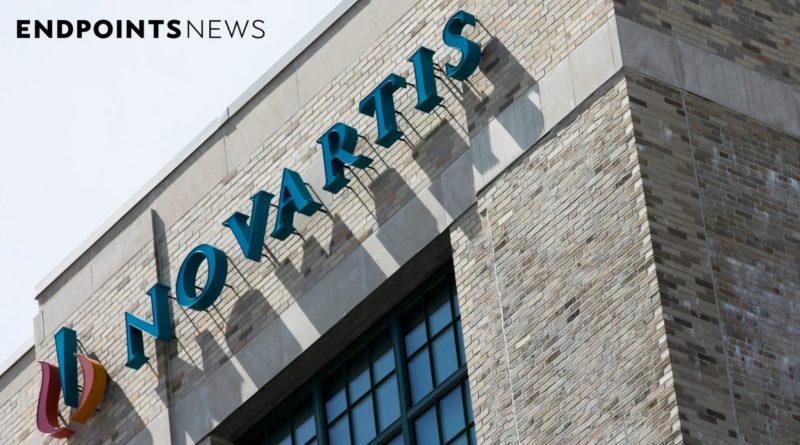Novartis jumps in to manufacture Pfizer/BioNTech vaccine; Germany shouldn’t give AstraZeneca vaccine to elderly, expert panel says – Endpoints News
After its own shots at developing a Covid-19 treatment came up short, Novartis is ready to lend a hand to the more successful programs.
Its first move is to fill vaccine vials with bulk mRNA active ingredient made by BioNTech under a contract manufacturing agreement, before shipping it back for distribution.
While not Novartis’ first involvement in the vaccine hunt, it would be the latest example in a global health crisis that’s catalyzed a string of unusual pacts between biopharma rivals, all pledging to do what they can to help end the pandemic.
CEO Vas Narasimhan told Bloomberg on Thursday that Novartis is “in conversations with a range of different players” to see about helping manufacture their products — everything from monoclonal antibodies to vaccines. He didn’t name any of the potential partners.
Under the deal with Pfizer and BioNTech, Novartis plans to start production at a facility in Stein, Switzerland in Q2 and have the first shipment in Q3.
“We have production capacity across our network that we’re willing to make available,” he said.
Limited supply has been a consistent issue for drugmakers, who began scaling up manufacturing while their vaccines or treatments were still in clinical trials. But with astronomical demand from all corners of the world and plenty of pre-orders in place, companies like AstraZeneca can find themselves in the hot seat scrambling to satisfy every customer.
Earlier this week, Sanofi announced that it would make a plant in Frankfurt available to assist Pfizer and BioNTech in their production, while its own GlaxoSmithKline-partnered program gets back on track. Merck KGaA is reportedly also considering several ways to help fellow German player BioNTech increase output, including opening up its “fill and finish” capabilities.
For Novartis, Narasimhan suggested everything is on the table. Additional discussions surround mRNA production, therapeutic protein production as well as raw material production, the company noted in a release.
“The early stages of scaling up from a few tens of thousands of doses to hundreds of millions of doses in general is a challenging scale-up,” he said in an interview with Bloomberg. “It’s not surprising that we have some bumps in the road. What’s important right now is that we manage public expectations appropriately, and then I think the supplies will start to come through.”
The Swiss pharma giant has extended its tentacles in a few different directions to tackle Covid-19, pitching Jakafi for severe patients, having its AveXis gene therapy subsidiary manufacture a vaccine developed by two Massachusetts hospitals, backing Molecular Partners’ preclinical program in a $231 million deal, and later betting on a stem cell therapy from Mesoblast.
Jakafi and the Mesoblast program flopped in late-stage studies, though the other two are still ongoing.
Germany recommends against giving AstraZeneca/Oxford vaccine to elderly
AstraZeneca’s vaccine shouldn’t be given to elderly people over the age of 65, an expert panel in Germany has recommended.
While the head of the country’s vaccine regular expects the EU authorization — expected imminently — to come without any age restrictions, Germany’s official recommendation will be to only offer it to people aged 18 to 64, unlike the mRNA jabs from Pfizer/BioNTech and Moderna.
“There are currently insufficient data available to assess the vaccine efficacy from 65 years of age,” the committee’s draft resolution read. It was made available by the German health ministry on Thursday.
Within the Phase III trials, 341 people older than 65 were vaccinated but only one became infected — offering little evidence of its efficacy in this high-risk population.
For a look at all Endpoints News coronavirus stories, check out our special news channel.




